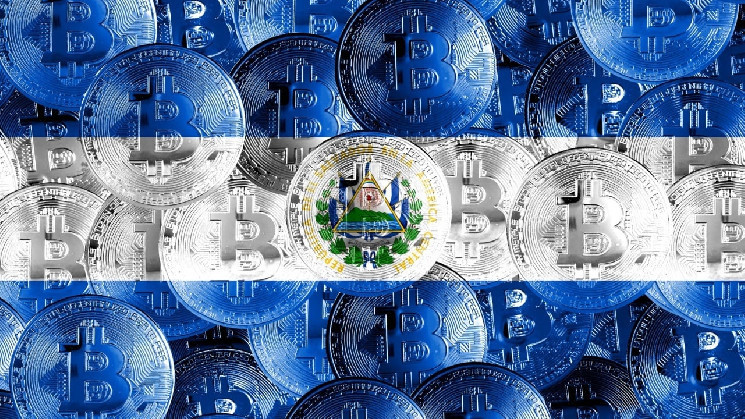
El Salvador’s tourism soared in 2024, with bitcoin adoption and safety reforms transforming the nation into a global powerhouse, driving unprecedented economic and tourism growth.
Bitcoin-Led Tourism Boom Positions El Salvador as a Global Model
Santander US Capital Markets LLC, a division of the global financial giant Banco Santander, published a report on Jan. 10 highlighting El Salvador’s remarkable tourism growth, which has been closely tied to the country’s embrace of bitcoin. Banco Santander, headquartered in Spain and one of the world’s largest banking groups, operates through its various subsidiaries to provide investment insights.
The report, shared on social media platform X by Salvadoran President Nayib Bukele and the Bitcoin Office, emphasizes how El Salvador’s innovative cryptocurrency policies have driven record-breaking tourism numbers. The Bitcoin Office, a government initiative tasked with promoting bitcoin and blockchain adoption in the country, declared on X:
El Salvador is Bitcoin Country and Santander says the tourism numbers prove it!
The Santander report details how El Salvador’s adoption of BTC as a legal tender in 2021 has transformed the nation into a unique destination for travelers, particularly cryptocurrency enthusiasts. According to the Salvadoran authorities, the country recorded 3.9 million tourist arrivals in 2024—a 22% increase from the previous year. The inflow was largely driven by U.S. visitors, many of whom were attracted by the novelty of experiencing bitcoin transactions in daily life.
Santander’s analysis linked this growth to improved safety, noting that the country’s annual homicides had dropped to just 114 in 2024, a sharp decline from the 2015 peak of 6,656. The combination of reduced crime and bitcoin-related curiosity has made El Salvador a standout in the global tourism market.
As one of the world’s leading financial institutions, Banco Santander’s analysis highlights how El Salvador’s cryptocurrency strategy is influencing its broader economy. Tourism contributed 11% to El Salvador’s GDP in the first half of 2024, far surpassing regional competitors like Costa Rica, where tourism accounts for 5% of GDP. Popular destinations like Surf City in La Libertad, known for its 82% hotel occupancy rates, exemplify the nation’s appeal to U.S. tourists. The report underscores how the government’s bitcoin-focused initiatives, paired with security improvements, have created a powerful narrative for economic revival. El Salvador is rapidly becoming a model for integrating cryptocurrency into both tourism and economic development.
